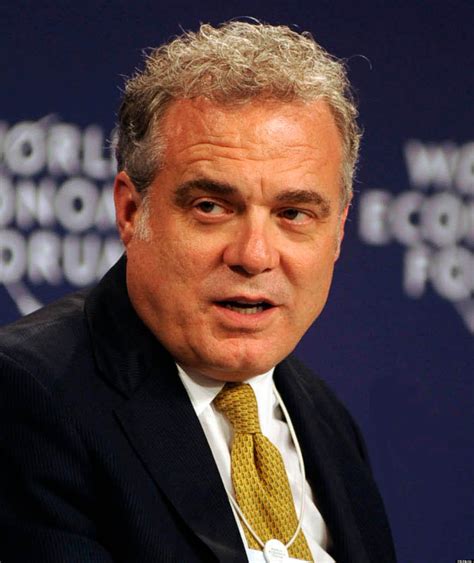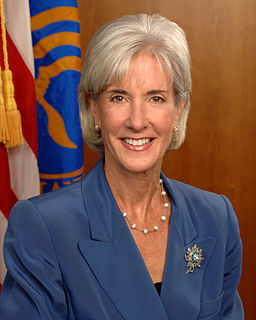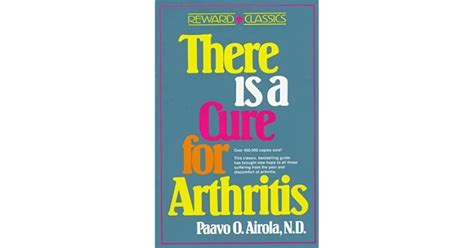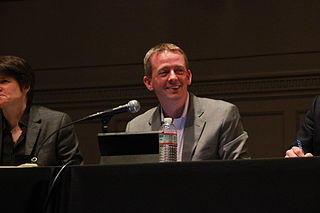Top 1200 Health Food Quotes & Sayings
Explore popular Health Food quotes.
Last updated on November 5, 2024.
...Only the big food manufacturers have the wherewithal to secure FDA-approved health claims for their products and then trumpet them to the world. Generally, it is the products of modern food science that make the boldest health claims, and these are often founded on incomplete and often bad science.
Food, medicine, beauty, and love. When we talk about them in English,
they seem so different from each other. But looking at them from
another perspective, they are not so different. Good food is a part of
good health. Good health leads to good looks. Love surrounds it all.
When we feed or heal, we share love. When we love and are loved, we
are beautiful.
Is it just a coincidence that as the portion of our income spent on food has declined, spending on health care has soared? In 1960 Americans spent 17.5 percent of their income on food and 5.2 percent of national income on health care. Since then, those numbers have flipped: Spending on food has fallen to 9.9 percent, while spending on heath care has climbed to 16 percent of national income. I have to think that by spending a little more on healthier food we could reduce the amount we have to spend on heath care.
When food becomes scarce, refugees often turn to desperate measures to feed themselves and their families. We are particularly worried about the health of the refugee population, domestic violence and refugees resorting to illegal employment or even to prostitution, just to put enough food on the table.
Organic Oreos are not a health food. When Coca-Cola begins selling organic Coke, as it surely will, the company will have struck a blow for the environment perhaps, but not for our health. Most consumers automatically assume that the word "organic" is synomymous with health, but it makes no difference to your insulin metabolism if the high-fructose corn syrup in your soda is organic.
Ethical globalization is possible if only we can hold governments and business accountable for respecting human rights, not just in the traditional political and legal realms, but in everything - health, education and the other social determinants of health - rights to food, safe water, sanitation and so on.
As an automobile needs premium fuel to operate well, our bodies need real, fresh food to maintain health. Packaged food creates dis-ease. There’s no nourishment in it. The body can only handle it for so long. Then, when you do have a problem, you usually take an over-the-counter or prescription drug. This is another form of poison.
If there was ever a food that had politics behind it, it is soul food. Soul food became a symbol of the black power movement in the late 1960s. Chef Marcus Samuelsson, with his soul food restaurant Red Rooster in Harlem, is very clear about what soul food represents. It is a food of memory, a food of labor.
With climate change and health crises rightfully receiving international attention, the time has come to focus on hunger as a top priority. WHO regards hunger and malnutrition as the gravest threat to public health, and climate change threatens to further destabilise already fragile food-production systems.
One of the problems is that the US government supports unhealthy food and does very little to support healthy food. I mean, we subsidize high fructose corn syrup. We subsidize hydrogenated corn oil. We do not subsidize organic food. We subsidize four crops that are the building blocks of fast food. And you also have to work on access. We have food deserts in our cities. We know that the distance you live from a supplier of fresh produce is one of the best predictors of your health.
The other way that you democratize the food movement is through the public school system. If you can pay enough for the school lunch system so that it can actually be cooked and not just microwaved, so that these schools can buy local food, fresh food, because right now it's all frozen and processed, you will improve the health of the students, you will improve the health of the local economy, and you will have better performing students.
The ninety-nine cent price of a fast-food hamburger simply doesn't take account of that meal's true cost--to soil, oil, public health, the public purse, etc., costs which are never charged directly to the consumer but, indirectly and invisibly, to the taxpayer (in the form of subsidies), the health care system (in the form of food-borne illnesses and obesity), and the environment (in the form of pollution), not to mention the welfare of the workers in the feedlot and the slaughterhouse and the welfare of the animals themselves.
That eating should be foremost about bodily health is a relatively new and, I think, destructive idea-destructive not just the pleasure of eating, which would be bad enough, but paradoxically of our health as well. Indeed, no people on earth worry more about the health consequences of their food choices than we Americans-and no people suffer from as many diet-related problems. We are becoming a nation of orthorexics: people with an unhealthy obsession with healthy eating.













































